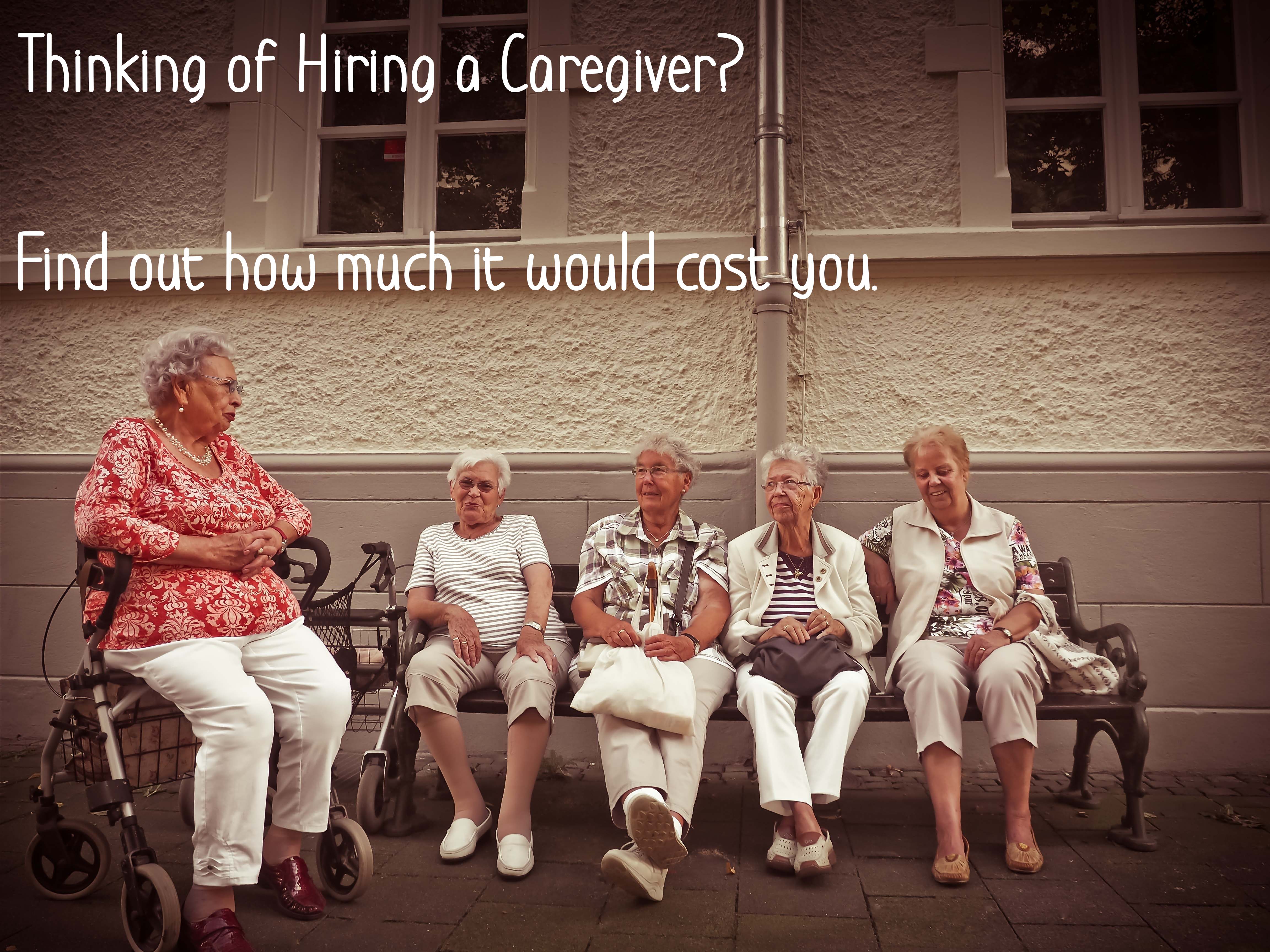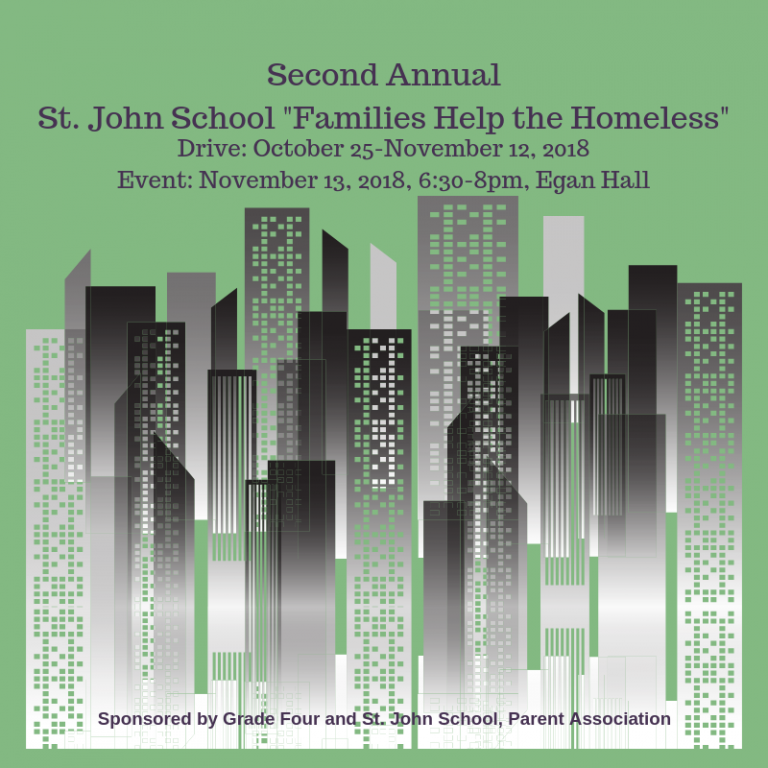How to Talk to Your Elderly Parent About the Dangers of Falling
by Jim T. Miller
Watching an elderly parent’s health decline is never easy, but for many adult children, like Patty Cicione of Norton, Mass., having conversations about a parent’s vulnerabilities, health and well-being in their later years can be equally difficult.
“Mom was 74 years old, living alone in the two-story house that she had built 50 years earlier with my dad,” Cicione said.
She was becoming frail, forgetful and increasingly unsteady on her feet. I was worried that if she fell and broke a hip or something else, she might never recover or end up in a nursing home for the rest of her life.
And to make matters worse, every time I tried to talk to her about what we could do to help keep her safe, she shut down and didn’t want to talk about it.
It’s an unfortunate reality, but every year, one in three older Americans fall, making it the leading cause of both fatal and nonfatal injuries for seniors age 65 and older.
A simple fall can cause a serious hip fracture, broken bone or head injury, which can lead to hospital stays, disability, loss of independence and even death. But even falls without a major injury can cause seniors to become fearful or depressed, making it difficult for them to stay active.
If you have concerns about an aging parent or other loved one’s risk of falling, have a talk with them and offer your support. Most falls can be prevented and injuries averted with just a few simple preventative steps.
If you need help broaching this sometimes-difficult topic with your parent, use this article as a prompter, and consider the following tips.
Start by taking the time to sit down and have a thoughtful, direct conversation, and if you have siblings, consider getting them involved too, so your parent will know everyone in the family is concerned.
Tell your parent that even though they are okay now, you’re worried about their future safety if they were to fall and injure themselves and no one was around to help.
And, let them know the unsettling statistic that nearly 30 percent of U.S. seniors who fall suffer moderate to severe injuries that can make it hard to get around or live independently in their own home, and can increase their risk of an early death.
Be respectful with your comments, and try to avoid being bossy or over dramatic. And listen to your parent’s thoughts, concerns or fears that they express.
If you need some help, contact your parent’s doctor to see if they could examine your mom or dad and talk to them about falls. Many seniors will often listen to their doctor before they will listen to their own family.
After you get your parent’s attention, here are six tips your parent and you can implement that can help keep them safe.
Start exercising: Weak leg muscles and poor balance are two of the biggest risk factors that cause seniors to fall. Tai chi, walking, water aerobics and strength training are all good for improving balance and strength, as are a number of simple balance exercises that your parent can do anytime, like standing on one foot for 30 seconds then switching to the other foot, and walking heel-to-toe across the room.
or additional balance and leg strengthening exercises, the National Institute on Aging offers free exercise guides and a DVD that you can order at Go4Life.nia.nih.gov, or call at 800-222-2225.
Review medications: Does your parent take any medicine or combination of medicines that make him or her dizzy, sleepy or lightheaded? If so, gather up all the drugs they take — prescriptions and over-the-counter — and take them to their doctor or pharmacist for a drug review and adjustment.
Note that many blood pressure medications, anti-anxiety drugs, antidepressants, anti-seizure drugs, antipsychotic drugs, diuretics, sedatives, tranquilizers, some painkillers and over-the-counter drugs that cause drowsiness are common culprits in medication-related falls.
Get an eye exam: Poor vision can be another contributor to falls, so get your parent’s eyes checked every year. They may be wearing the wrong glasses or have developed a condition such as glaucoma or cataracts that make it harder to see obstacles on the floor.
Your parent should also wear single-vision glasses while out on walks, because bifocal and progressive lenses can make depth perception more difficult and cause missteps.
Modify their home: There are also a number of simple household modifications you can do to make your parent’s living area safer.
Start by arranging or moving the furniture so there are clear pathways to walk through, and by picking up items on the floor that could cause him or her to trip, like newspapers, shoes, clothes, electrical or phone cords.
If they have throw rugs, remove them or use double-sided tape to secure them.
In the bathroom, buy some non-skid rugs for the floors, and a rubber suction-grip mat or adhesive non-skid tape for the floor of the tub or shower to prevent slipping, and have a carpenter install grab bars in and around the tub/shower and near the toilet for support. For even greater safety, purchase a shower chair and install a hand-held shower so your parent can bathe from a seated position.
Also, increase lighting throughout the house, and purchase some plug-in night lights for the bathrooms, hallways and stairways that automatically turn on when it’s dark. And if your parent has stairs, put handrails on both sides.
For more tips, the Eldercare Locater offers a Preventing Falls at Home brochure that provides a room-by-room checklist. Or, get an occupational therapist to come in and assess their home for fall risks. Medicare will pay for this service if prescribed by a doctor.
Choose safe footwear: Your parent should be aware that going barefoot or wearing slippers or socks at home can also cause falls, as can wearing backless shoes, high-heels, and shoes with smooth leather soles. The safest option are rubber-soled, low-heeled shoes that fit well and support their feet.
Purchase some helpful aids: If your parent needs some help with balance or walking, talk to their doctor or a physical therapist about getting fit for a cane or walker.
Some other helpful aids include a reacher-grabber tool that lets your parent retrieve lightweight items from high shelves, and pick up objects off the floor so they don’t have to bend over. And a cordless phone that they could carry around from room to room, so when the phone rings they don’t have to rush to answer it, therefore averting a fall.
It’s also important to realize that even with all these preventative measures, not all falls can be prevented. To help ensure your parent’s safety, and provide you some peace of mind, consider getting them a medical alert device.
This is a wearable pendent button — usually in the form of a necklace pendent, wristband or belt clip — so if your parent were to fall or need assistance, at the press of a button, they could call and talk to a trained operator who would find out what’s wrong, and notify family members, a neighbor, friend or emergency services as needed.
Bay Alarm Medical offers some the most affordable medical alert devices on the market today that provides help at home and away from home. Costs range between $22 and $30 per month.
- Tags: Uncategorized
- Professional Medical














Comments 0